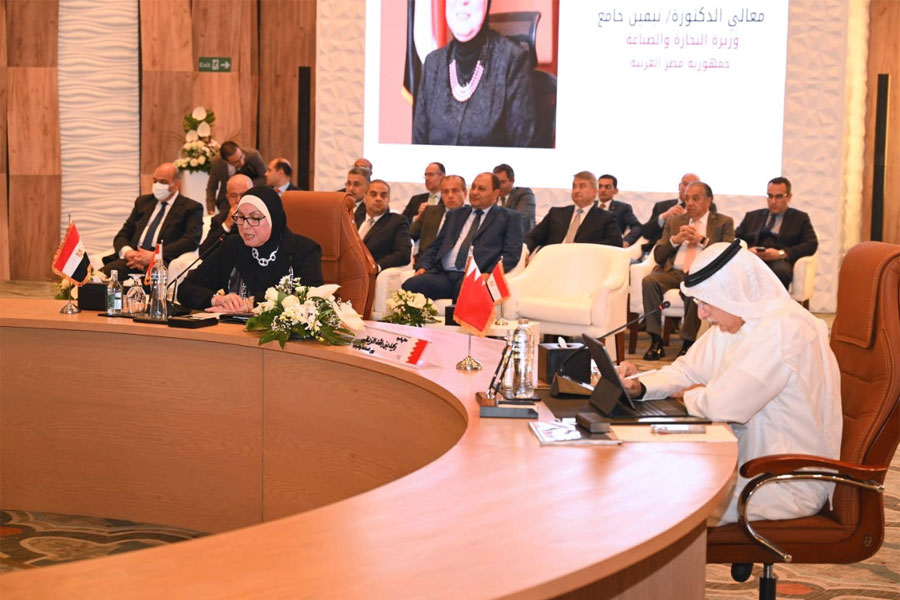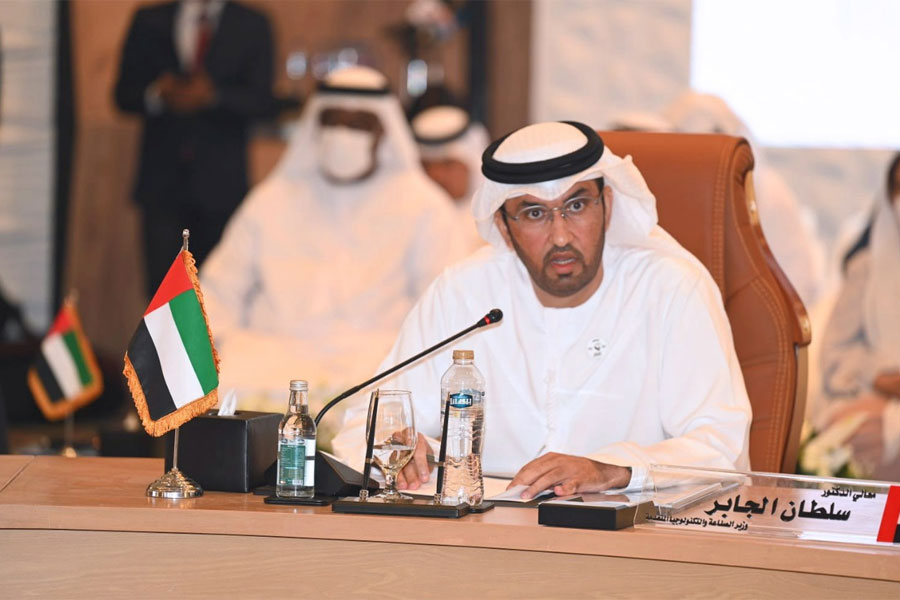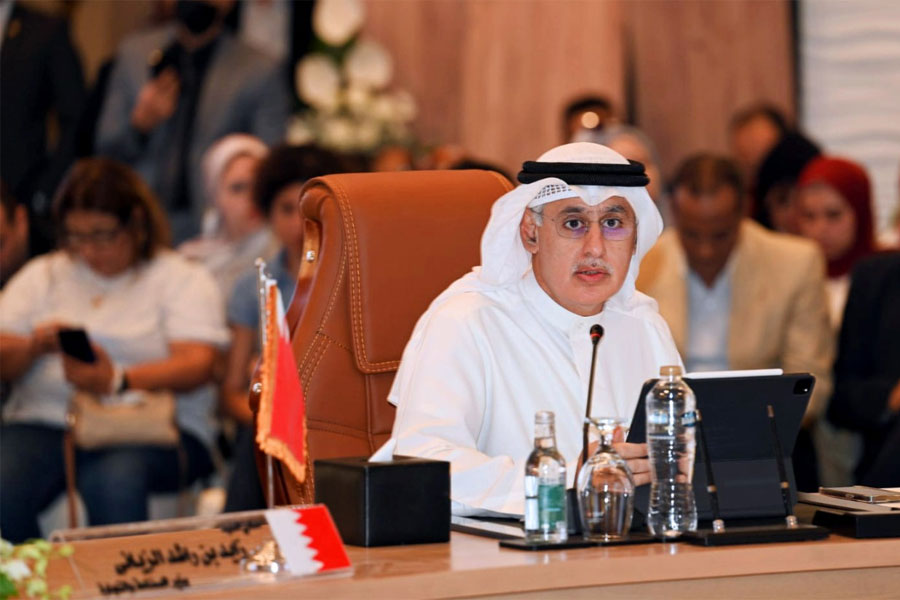The first official meeting of the Higher Committee for Industrial Partnership, comprising Egypt, the UAE, and Jordan, was held in Cairo on Monday. The committee agreed to conduct feasibility studies on 12 projects to the tune of $3.4 billion.
The 12 projects are the first phase of a total of 87 projects that the committee discussed during the meeting.
The first phase of industrial cooperation between the three countries will focus on four key sectors: agriculture, food processing, fertilisers, and pharmaceuticals.
During the meeting, the three parties announced Bahrain is the newest partner in the initiative.
Egypt, the UAE, and Jordan entered into an industrial partnership in May to increase sustainable growth and explore opportunities for joint investments in priority sectors. The partnership is meant to boost Arab economic integration amid the ongoing challenges.
Under this partnership, a $10 billion investment fund was created for the initiative and is moderated by the Abu Dhabi Holding Company (ADQ).

During the meeting, Egypt’s Minister of Trade and Industry Nevine Gamea said that Arab economic integration is necessary to mitigate the repercussions of the global economic crisis and bolster the role of the private sector as a key player in implementing sustainable development plans.
“The initiative is a cornerstone to attain the desired industrial integration through supply chains security, self-efficiency, industry localisation, and value chain integration,” Gamea said.
The partnership will also enhance the joint efforts between the four countries and cement economic ties between them, she noted.
“The initiative contributes to boosting value chain integration among the four countries through implementing joint industrial projects. Egypt is eager to provide the facilities needed in support of this partnership and to eliminate all obstacles,” Gamea added.

The Minister of Industry and Advanced Technology in the UAE Sultan Al-Jaber said the proposed projects that were discussed during the meeting are being implemented.
On Bahrain accession, Al-Jaber said the kingdom will play an effective role in the partnership, having a successful experience in the industrial sector and initiatives that will boost the role of the partnership in the four countries.
Al-Jaber noted that the proposed projects will be discussed with the private sector, governmental bodies, and supporting entities to implement the projects quickly and with the highest standards and measures.
“The partnership is open for other parties to join to benefit from its advantages and accelerate its targeted objectives,” Al-Jaber said.

Jordanian Minister of Industry Youssef Al-Shamali said Jordan supports all kinds of joint Arab actions, including the industrial partnership between the four countries.
“This meeting highlights the economic and political relations between the four countries and represents a fresh start towards real economic integration that will benefit the peoples of the Arab region,” according to Al-Shamali.
He added that food security is a priority for the Arab region amid the ongoing crisis, asserting the importance of exploring serious solutions to curb the severe impacts of the ongoing food crisis on the Arab countries’ peoples.
“There is a real opportunity to transform the agreed projects under this partnership into solid projects to be implemented by private sector members in the four countries as well as expand the cooperation fields,” he added.
The Higher Committee of Industrial Partnership is meant to empower the private sector to implement projects under the partnership, cooperate with companies concerned to invest in these projects, and track the major challenges to industrial investment.